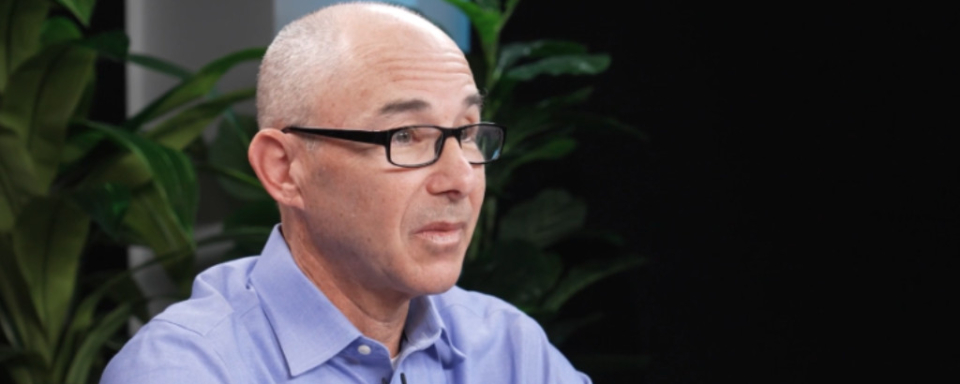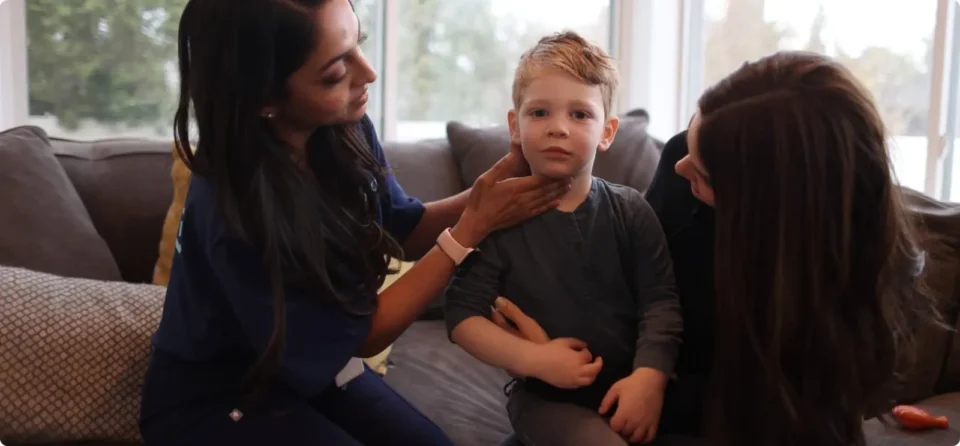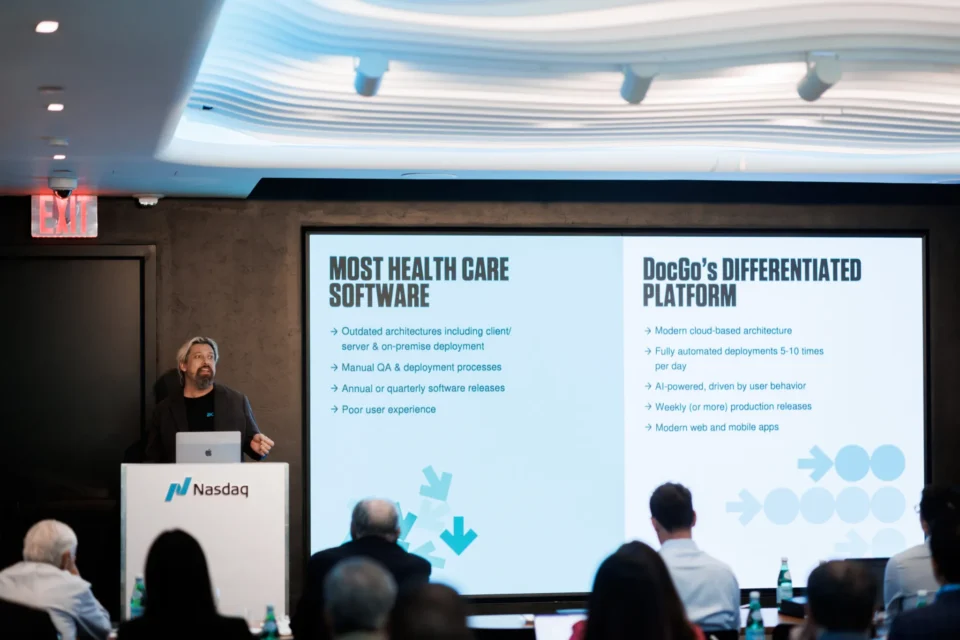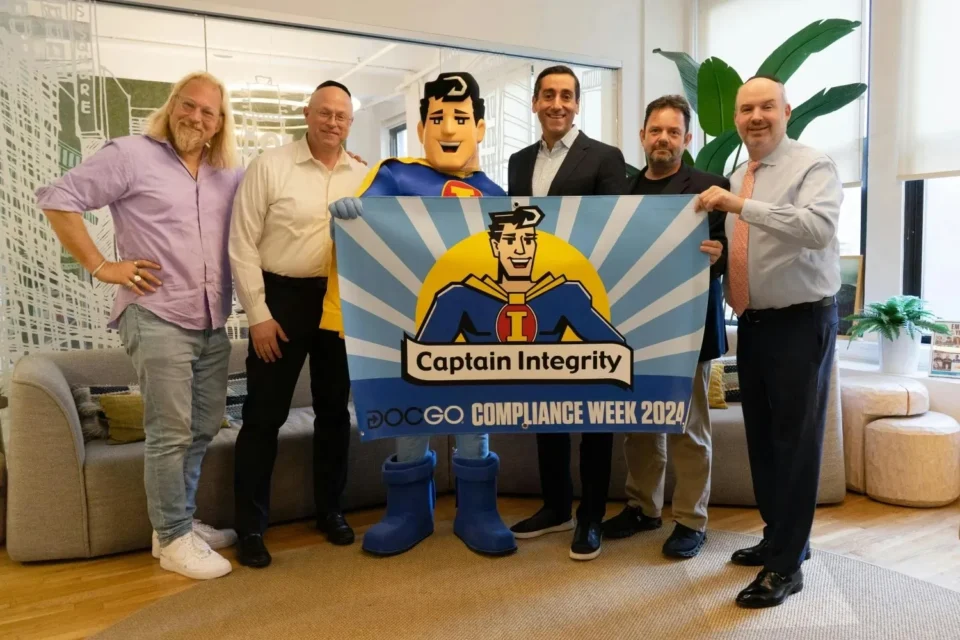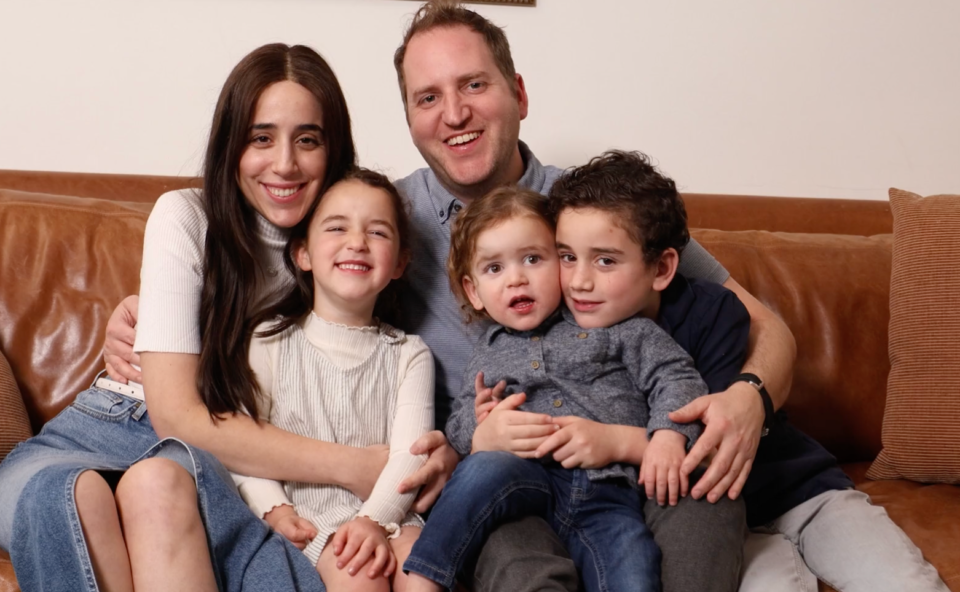Your Head of H.R. Is Now Basically the School Nurse
Gia Ganesh is a people person, so she loved running people operations — what many companies now call human resources — at Florence Healthcare. She led the health care technology company’s recruitment efforts, met with expecting moms planning for maternity leave and helped staff decide whether to spend their wellness benefits on therapy or a massage.
But like many working people, she found that the pandemic broke open her job description and filled it with new responsibilities. And like many human resources professionals, she found that she sometimes had to play a role akin to company nurse.
As Covid first started to spread, Ms. Ganesh made sure employees had stipends to set up work spaces at home and planned virtual activities, like a magic show and a cooking competition, to keep people connected. By last fall, she was in the meeting with the chief executive writing up her company’s vaccine mandate, which requires that all employees, even those working remotely, be fully vaccinated against the coronavirus. She reviews every request for a vaccine rule exemption from people who would rather submit to regular coronavirus testing.
“What happens if employees test positive for Covid? How do we take care of them, and the role, if they’re out for a significant period of time? There’s a lot of new complexity that Covid has brought to the world of H.R.,” said Ms. Ganesh, whose company has about 150 employees globally.
Just as the Covid-19 crisis made amateur epidemiologists of people trying to go about their daily lives, it also forced H.R. professionals, especially those at small and midsize businesses, into a new focus on public health. As companies weighed when to return to the office, whether to require coronavirus vaccines and what sort of exemptions from those rules to allow, it was often H.R. directors who were asked to lead those efforts. It was no longer sufficient for these professionals to manage the job satisfaction and career development of their colleagues. Suddenly, they were also charged with monitoring their health, safety and views on immunization.
The added dimensions of H.R. jobs are coming into sharper focus now, as more organizations put vaccine mandates into effect. About 17 percent of American employers were requiring vaccinations or negative Covid tests for employees returning to the office, according to a Gallagher survey of more than 500 employers conducted between August and October.
Hovering over company conversations about vaccines is the additional consideration of whether to mandate booster shots. The Centers for Disease Control and Prevention has not updated its definition of “fully vaccinated” but said that being “up to date” on vaccination includes a booster. And some state and local leaders like Gov. Kathy Hochul of New York have indicated that they plan to include a booster requirement as well.
Then there’s the tug of war over return to office plans, with the pull of executives eager to see workers in person meeting the push of soaring Covid case counts. On top of that has come the challenge of retaining talent when workers are walking off the job, with 4.5 million leaving their roles voluntarily in November. The sources of stress, for some H.R. directors, seem to multiply by the month.
For George Boué, who ran H.R. at Stiles, a commercial real estate company based in Fort Lauderdale, Fla., the anxieties of his job began to increase this fall. He kept jerking awake at 3 a.m., his mind racing with questions. How was he going to roll out a vaccine mandate to his colleagues who viewed it as an intrusion? More important, how was he going to keep everybody in his office safe?
Mr. Boué, who is fully vaccinated, was surrounded by friends in South Florida who were citing misinformation about the vaccine. He estimated that one-third of his 300-person staff is most likely not fully vaccinated. When the Labor Department rolled out its vaccine rule in November, requiring large businesses to get their workers vaccinated or tested weekly, Mr. Boué started drafting the terms for his company’s vaccine policy; then he put it on hold because of legal battles over the mandates, especially in Florida. Mr. Boué decided that among teammates he wouldn’t refer to the policy as a mandate, because he wanted to temper tensions whenever he could.
“There’s those that are feeling the world is coming to an end, and this is horrible, and those on the other side of the spectrum that feel this is all a bunch of baloney,” he said. “The toughest part of my role has been trying to address all sides.”
His responsibilities continued to grow thornier since the start of the pandemic: In the early months, his team had to order gallons of disinfectant and hundreds of masks. Last summer, they had to start enforcing mask requirements in the office for unvaccinated employees, though his team did not ask for proof of vaccination for that rule and instead went by “the trust factor.”
Some executives are outsourcing Covid safety work to companies that set up turnkey vaccine and testing systems. DocGo, for example, a health care and technology company, creates testing programs for businesses and monitors the maintenance of employee confidentiality, data privacy and compliance with federal government standards.
Still, Anthony Capone, DocGo’s president, said he hears regularly from H.R. directors, especially those worried that their unvaccinated workers will struggle to obtain Covid tests, which could mean employers are in violation of government guidelines.
H.R. professionals said they’re trying, wherever possible, to point toward government rules and to emphasize to employees that they’re simply following advice from public health authorities.
“I try not to be a doctor or a scientist,” said Amy Zimmerman, the chief people officer of Relay Payments, a software company based in Atlanta with just over 100 employees. “We’ve got institutions like the World Health Organization and the C.D.C. and really smart people who are making decisions that if you’re reasonable, you trust.”
Still, there are plenty of scientific decisions — especially those on vaccine rule exemptions — that have to be made on a case-by-case basis, and they tend to fall to an H.R. team that doesn’t have scientific training.
Ms. Zimmerman’s company currently allows its staff to work from home, but those coming into the office have to show proof of full vaccination. The requests for exemptions from that rule go straight to H.R. One involved concerns about fertility treatments, but the employee could not get a supporting doctor’s note and now cannot come into the office. Another was from an employee who had been previously infected with coronavirus, who Ms. Zimmerman’s team determined would have to show proof of antibodies every 90 days.
Relay Payments also had two large in-person gatherings last year, where it required both proof of vaccination and a negative test 72 hours before arrival. Right before its December gathering, an employee who was fully vaccinated tested positive and skipped the event. Ms. Zimmerman was relieved that he caught the case before his flight from home, which she viewed as validation of the company’s move to require both vaccines and testing.
Now her team is weighing whether to mandate boosters. She said they might hold off for now, though they would continue to follow C.D.C. recommendations.
Making these kinds of decisions demands constant consumption of news by business leaders, with many seeking out online expertise about Covid: “The C.D.C. is my main source, but there’s multiple channels and mediums I’m plugged into,” said Ms. Ganesh, at Florence Healthcare.
Mr. Boué, in South Florida, has finally hit his limit on H.R. angst. He retired at the end of last year. His wife works at a hospital, and with the anxieties she carries — about freezer trucks and overflowing beds — he feels he can’t take home his own set of work worries.
Mr. Boué used to wake up raring to get to the office: “Even though I’m antisocial, I do enjoy working and helping people out,” he said. But the last two years have undercut that sense of enthusiasm: “There wasn’t a particular ‘Aha!’ moment,” he added. “I just realized the stress wasn’t good for me.”



